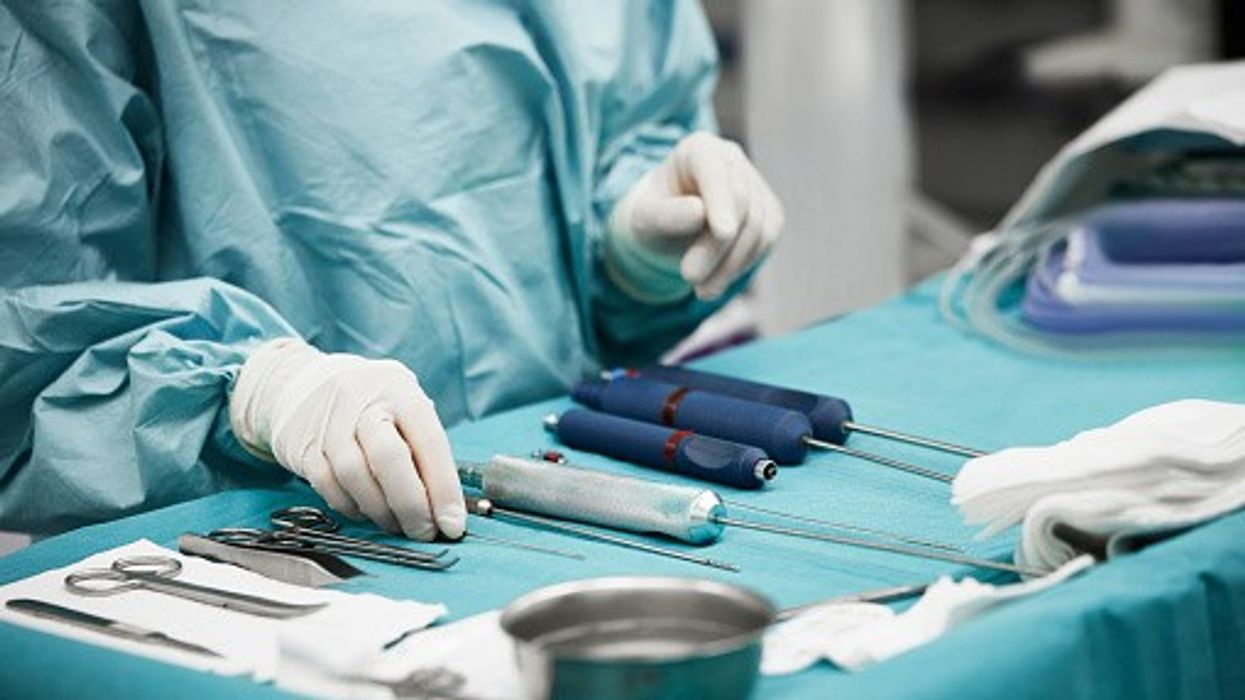Public bodies procuring goods and services for the NHS would be required to both identify and mitigate risks of modern slavery
The Department of Health and Social Care (DHSC) has launched a public consultation to gather feedback on government proposals to eliminate modern slavery from the NHS supply chain.
This initiative follows a recent government review which revealed that over 21 per cent of NHS suppliers are at high risk of involving modern slavery in the procurement of medical equipment, particularly surgical instruments, gloves, gowns, uniforms, and face masks.
The proposed measures would require public bodies procuring goods and services for the NHS to work with suppliers to identify risks and put forward solutions.
These new regulations would apply to all public bodies procuring health goods and services, including NHS trusts, integrated care boards, and local authorities.
Health Secretary Wes Streeting said: “The NHS is a public service built on compassion and equality, values which are completely antithetical to the heinous evil of modern slavery.”
“These new measures will ensure vital checks are made and public bodies act to stamp out the crimes of slavery and human trafficking.”
He also stated that his government will ensure the NHS leads the fight against modern slavery.
Jacqui Rock, chief commercial officer at NHS England, underscored the need for such measures stating, “Modern slavery is insidious and needs to be eradicated from the NHS supply chain.”
While NHS’s procurement already follows the government’s standard selection questionnaire to address modern slavery risk, she stressed that "there is much more to do.”
“We have a responsibility to ensure a zero-tolerance policy to modern slavery - and the more stakeholders that respond to this consultation will help strengthen these measures and help us wipe out this crime in the NHS supply chain,” she added.
The government is seeking views on the proposals from public bodies, suppliers, trade associations, interest groups, patients, and the wider public, with responses to be submitted by 13 February 2025.













